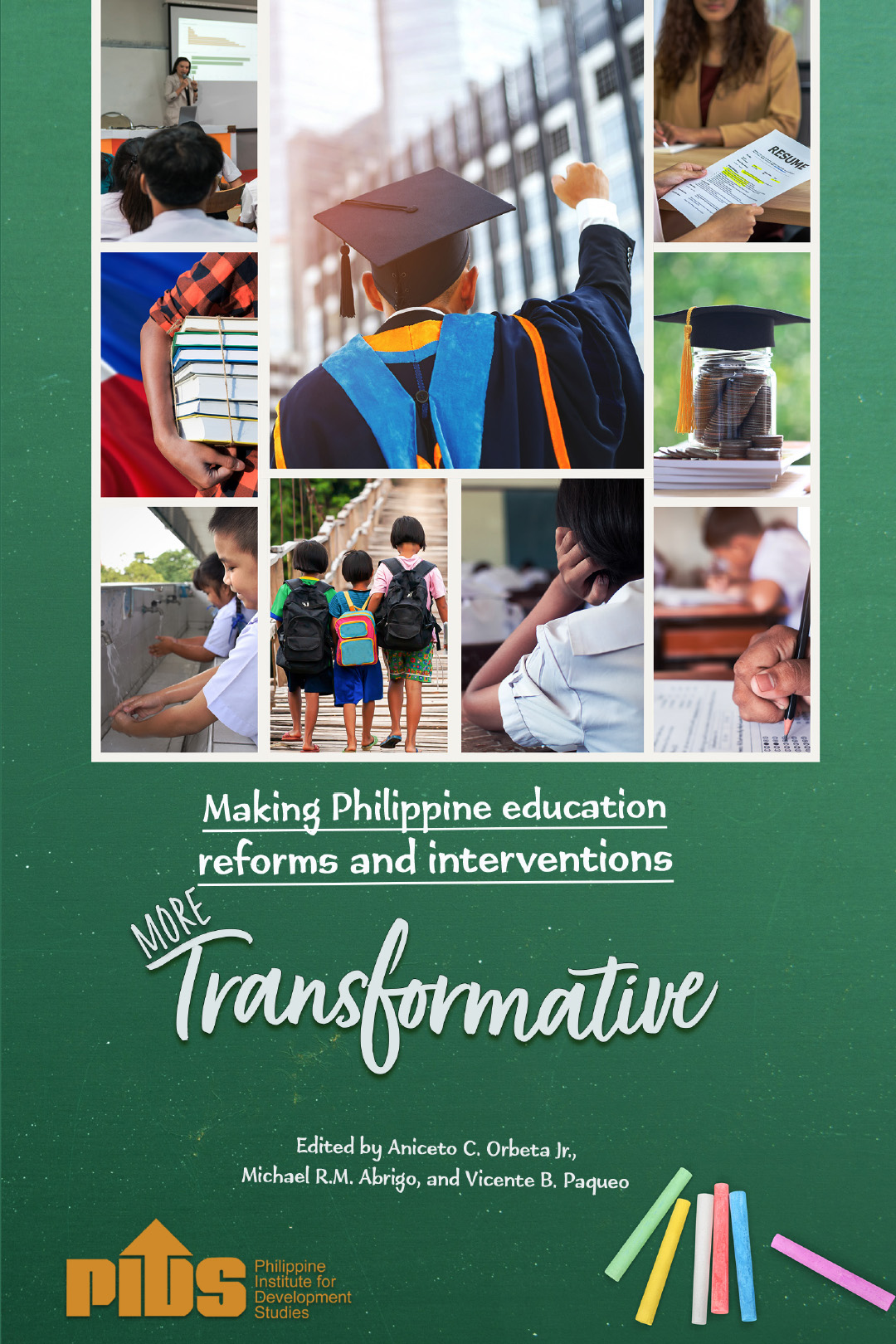A report published by the Philippine Institute for Development Studies (PIDS) is advising policymakers to institute a well-designed national education loan program for higher education.
The PIDS policy note, titled Promoting inclusive growth through higher education, said that tuition is likely to increase from inflation and from the drive for quality improvements in all aspects of college education.
The report, authored by PIDS consultant Dante Canlas, said in this environment, student loans and other forms of financial aid are critically important.
The paper said because households finance college education out of their own pockets, only those who can afford could send their children to college, in the absence of credit facilities for higher education.
"There are no credit markets that families with insufficient funds can turn to in order to finance college education for their children. A family must first accumulate funds to be able to finance college education,” the policy note said.
"Entering college, therefore, depends on the ability to pay and not on the ability to learn, a situation that needs to be corrected to make growth that is driven by higher education inclusive,” it added.
The report said if public policy can adequately address the phenomenon of missing financial markets for college education, there is an increased likelihood of achieving inclusive growth from investing in higher education.
"Amid missing markets for college education loans, the government can fill the gap. A loan program is advisable as the graduate can capture the returns from his or her investments through enhanced lifetime earnings,” the policy note said.
"It also improves allocation of resources. If the household is paying for the investment, the student may be more studious in school as loan repayment starts after getting the degree and a job is found,” it added.
The report said it becomes important for the graduate with a loan to look for a quality job, one that yields earnings sufficient to support his or her living standards and pay for the student loan.
"University administrators can help reduce the size of a student loan for tuition by tapping resources from other financing entities, such as the national government, local government units, private foundations, and alumni imbued with philanthropy,” the paper said.
It added that work-study programs on campus should be instituted to supplement student loans. Also, student councils and organizations can be authorized to run some businesses on campus as part of work-study programs.
"The national government can also institute a fiscal policy regime whereby the interest paid on student loans is admissible as a tax credit or a deductible expense in paying personal income taxes,” the report stated.
"The government can also put up scholarship programs for college-eligible but financially needy students. Work-study programs in the university can definitely help in this regard,” it added.
The PIDS report said one major task of the national government is to design a student loan program that minimizes loan defaults. This entails instituting caps on what the student can borrow per year for tuition support, and requiring parents to be co-makers.
Options for loan repayment must be incorporated in the design, it said, while taking into consideration the individual’s ability to pay over his or her life cycle.
"A national loan program will need to be legislated with the Commission on Higher Education taking the lead in drafting the bill,” the report said.












